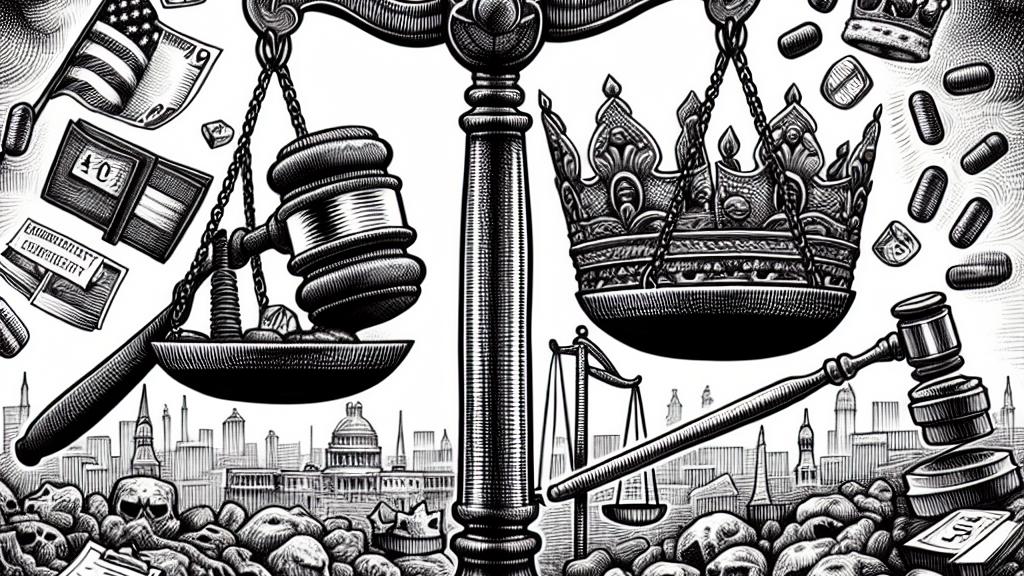Thailand's Political Showdown: Will Move Forward Survive the Court's Gavel?
Overview
- The Move Forward Party faces possible dissolution as Thailand's Constitutional Court deliberates its fate.
- Tensions rise as the party's progressive reform agenda clashes with conservative forces loyal to the monarchy.
- The ruling could ignite widespread protests or galvanize voter support for reforms, impacting Thailand's democratic future.

The Context of Political Tension
In Thailand, a significant political crisis is unfolding as the Constitutional Court prepares to deliver a ruling that could jeopardize the future of the Move Forward Party, a progressive party that surged in popularity following the 2023 general elections. Led by Pita Limjaroenrat, the party has garnered widespread support, particularly among younger voters disillusioned by the longstanding dominance of conservative and military-aligned factions. Move Forward's platform seeks ambitious reforms, including addressing the strict lese majeste law, which enforces severe penalties for criticizing the monarchy. This situation is underscored by historical tensions between reformist movements and authoritative controls, reflecting the struggle for democratic principles in a nation grappling with the legacies of military influence.
Significance of the Judicial Decision
The court's forthcoming decision carries profound implications for Thailand's political stability and democratic integrity. Dissolving Move Forward could embolden conservative elements, reinforcing the status quo, while simultaneously disillusioning a generation of voters who pinned their hopes on reform. The potential outcome reflects a historical pattern in Thailand where judicial powers have often intervened to stifle opposition groups. On the other hand, a ruling that allows Move Forward to continue its operations may signify a shift towards more progressive governance, encouraging active political participation among citizens seeking transparency and reform. Such dynamics highlight the essential interplay between judicial judgment and public sentiment in shaping the democratic landscape.
Future Trajectories for Thai Democracy
As Thailand stands poised on the brink of a pivotal moment, the court's ruling will inevitably shape the nation's democratic trajectory. If Move Forward is allowed to persist, it may catalyze a broader coalition of reform-oriented parties capable of challenging entrenched interests, potentially leading to significant policy changes regarding military oversight and the monarchy's role in governance. Conversely, should the party face dissolution, we might witness a resurgence of mass protests reminiscent of earlier movements against military rule. Such developments would not only reflect the population's urgent demands for accountability and rights but could also incite a robust civil society movement aimed at reimagining the future of governance in Thailand. The implications of this showdown extend beyond politics, touching the very fabric of Thai society, where the quest for reform continues to resonate with millions.

Loading...